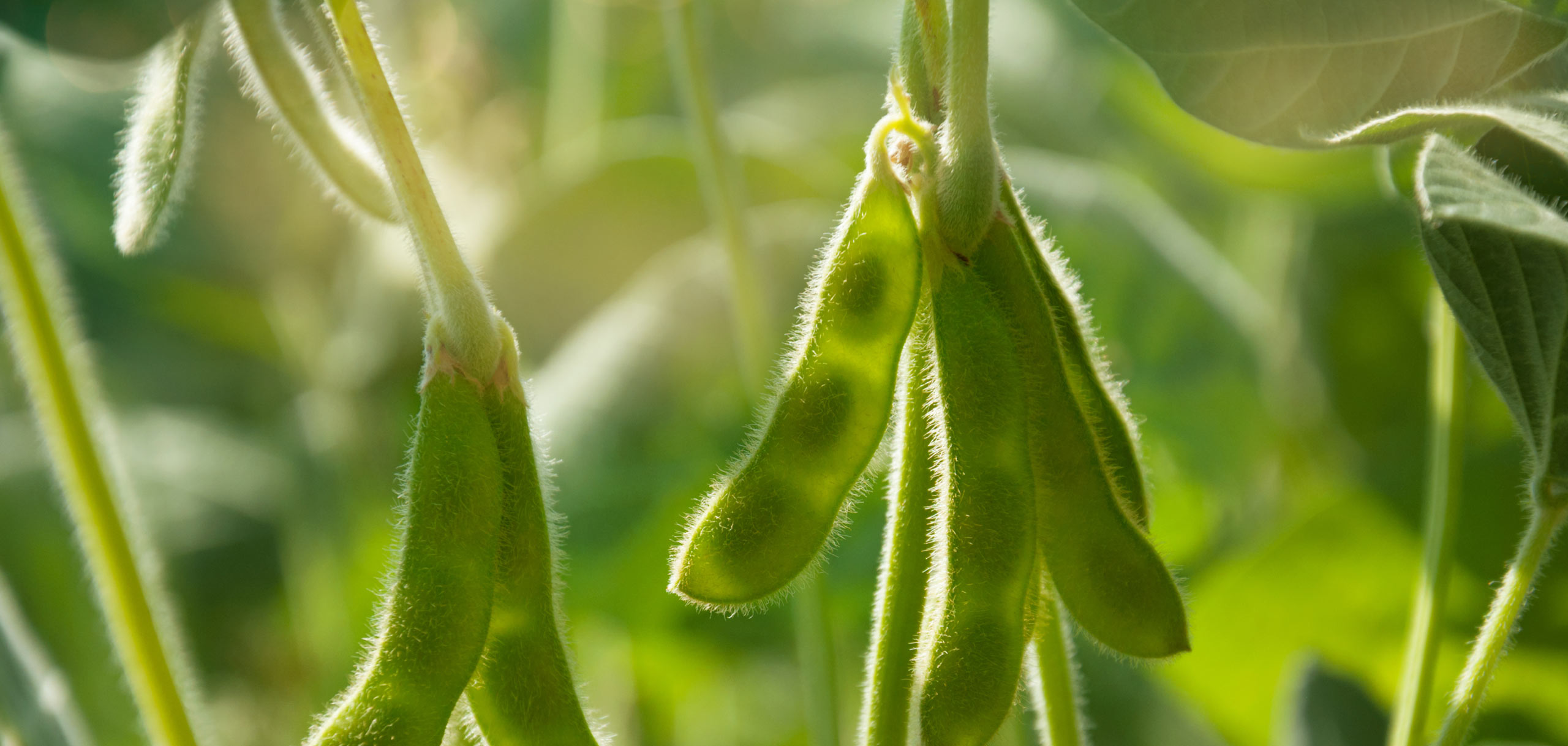
Replacement of Fishmeal and Fish Oil in the Diets of Seriola rivoliana Using Soy-based Proteins and Oils
Category: Aquaculture
Region: Americas
DownloadSince 2007 Kampachi Farms (formerly Kona Blue Water Farms) and the University of Nebraska Lincoln have been working to reduce the use of fishmeal and fish oil in the diets of Seriola rivoliana, by substituting soy-based proteins and oils. These efforts are intended to reduce the need for wild-caught fishmeal (FM) and fish oil (FO). Results of previous years’ trials have shown that fish consuming a diet containing 40% soy protein concentrate (SPC) and a high omega-3 soy oil (STA), maintain growth rates comparable to fish eating the standard commercially prepared diet used to raise Kona Kampachi® (Seriola rivoliana) as long as supplementary taurine (a non-essential amino acid) is included in the SPC based diets. In 2011 two trials took place in order to continue this research and expand upon results.
The first of the two trials (designated as the “growout” trial) expanded upon a short-term study performed in 2010, when commercially viable growth rates and food conversion ratios (FCR) were achieved with a SPC/STA based diet. The 2011 growout trial used the same feed formulation for an eight month period, such that S. rivoliana could be reared to a marketable size (≥1.5kg) in land-based tanks. The growout trial then culminated in a consumer taste test. The consumer panel participated in a sensory evaluation to note detectable differences (if any) between the two types of fillets and to assess the palatability of SPC fed fish fish versus fish fed the standard control diet. In addition a questionnaire was included to garner consumer perceptions of aquaculture and soy-fed fish.
The second trial (referred to as the “fish oil reduction” trial) focused on further decreasing the amount of fish oil in Kampachi diets. All experimental feeds in this trial contained 40% SPC, with ascending levels of stearidonic acid (STA)-rich soybean oil. The results of this trial will indicate the changes of the fatty acid profiles of the fish (and thus marketability of health aspects of marine fish) and also if there may be any unforeseen fish health issues with the reduction in fish oil.
Results from both trials are outlined within this report. Overall health, growth, feed conversion ratios and final weights were used to compare the effectiveness of the soy-derived feed with that of the standard diet currently used by Kona Blue. The consumer panel taste test was conducted by Oregon State University’s Food Innovation Center, whose responsible parties provided all taste test related results and statistical analyses, presented herein. Tissue analyses of fish fed all diets used throughout the year are also included.